February is often celebrated as the month of love, filled with romantic gestures and heartfelt expressions of affection.
But let’s be real—not all love stories are picture-perfect. Sometimes, what looks like passion is actually toxicity in disguise. Toxic relationships can take a serious toll on mental and emotional well-being, especially when trauma bonds, narcissistic partners, or abusive dynamics come into play. And for highly sensitive persons (HSPs), navigating love can be even more challenging, as their deep emotional processing makes them more vulnerable to toxic entanglements.
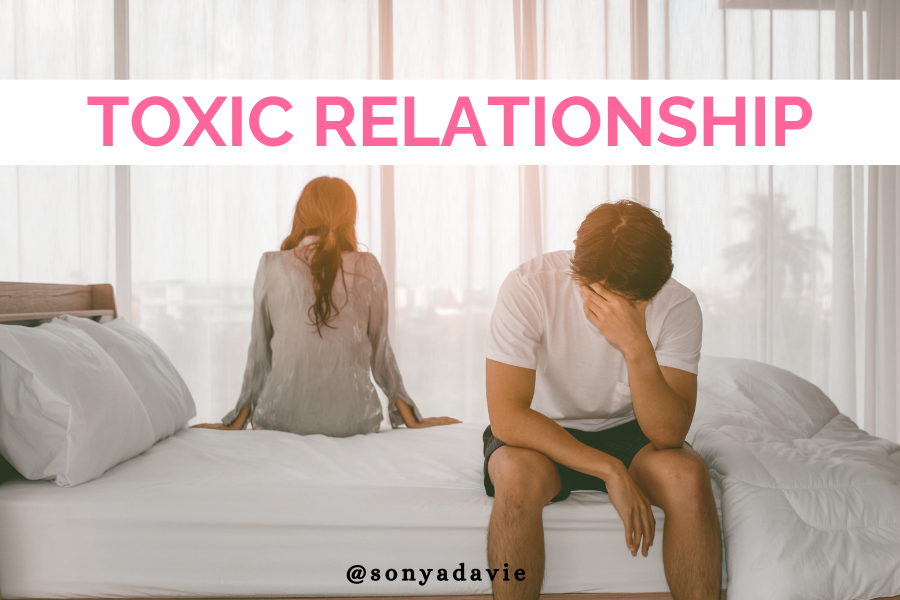
This post is all about toxic love.
Trauma Bonds – The Chains That Bind
Have you ever felt stuck in a relationship that you know is unhealthy, yet you just can’t seem to leave?
That might be a trauma bond at work.
Trauma bonding happens when an abuser creates a cycle of intense affection followed by mistreatment, leaving the victim emotionally hooked.
The result? Over time, this rollercoaster distorts their perception of love and makes breaking free feel nearly impossible. People trapped in trauma bonds often struggle with anxiety, low self-esteem, and a warped sense of what a healthy relationship looks like.
Understanding trauma bonding can make it easier to recognize and break free from its grip. Here’s how it typically unfolds:
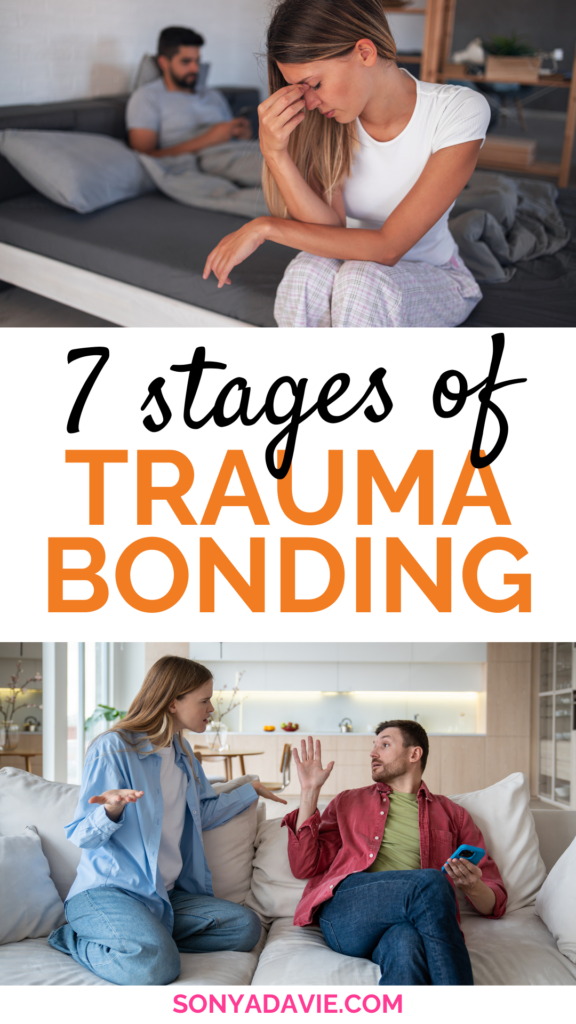
The 7 Stages of Trauma Bonding
- Love Bombing – At first, everything seems perfect. The abuser showers their victim with attention, affection, and grand promises.
- Creating Trust and Dependency – Slowly, the abuser gains their partner’s trust, making them emotionally reliant on the relationship.
- Criticism – The once-sweet partner begins inserting subtle put-downs, chipping away at the victim’s confidence.
- Gaslighting – Manipulation intensifies as the abuser distorts reality, making their partner question their own memory and perception.
- Resignation – The victim starts believing there’s no point in fighting back and adapts to the toxic behavior.
- Loss of Self – Over time, they lose their sense of identity, becoming a shell of who they once were.
- Emotional Addiction – Despite the pain, the victim feels tethered to the abuser, making it incredibly difficult to leave.
Narcissistic Personality Disorder and the Illusion of Love
Falling for a narcissist can feel like stepping into a dream—until it turns into a nightmare.
Narcissistic Personality Disorder (NPD) is characterized by an inflated sense of self-importance, a deep need for admiration, and a lack of empathy.
Narcissists often start relationships with charm and grand romantic gestures, only to later manipulate, gaslight, and erode their partner’s self-worth.
The emotional whiplash of a narcissistic relationship can lead to depression, anxiety, and even PTSD. Victims often struggle to regain their identity and confidence after prolonged exposure to this psychological warfare.
The Devastating Toll of Abuse
Abuse isn’t always physical. Emotional and psychological abuse can be just as damaging, breaking down a person’s sense of safety, trust, and self-esteem over time.
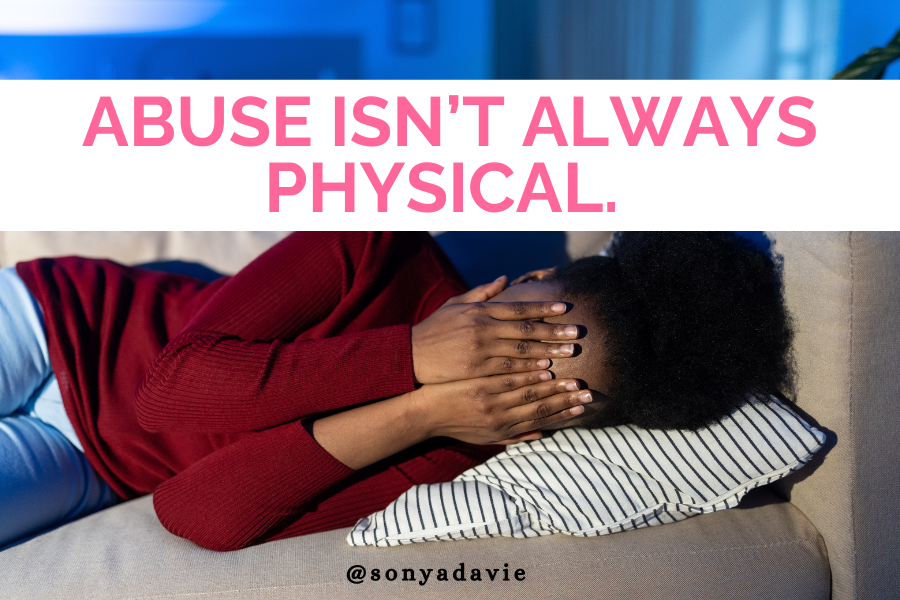
Victims may struggle with anxiety, depression, and a deep sense of unworthiness, making it difficult to build healthy relationships in the future.
Here’s some encouragement for you: Healing is within reach. Escaping an abusive situation takes immense courage, but with the right support—professional guidance, self-care, and a strong community—you can rebuild a life filled with genuine love, respect, and peace.
The Challenges of Highly Sensitive Persons in Love
Highly Sensitive Persons (HSPs) experience emotions on a deeper level, making love incredibly fulfilling—but also potentially overwhelming.
In toxic relationships, HSPs may suffer more acutely due to their heightened empathy and emotional receptivity. They tend to absorb their partner’s emotions, making it harder to set boundaries or recognize manipulation.
For HSPs, the emotional toll of a toxic relationship can manifest as extreme anxiety, exhaustion, and even physical symptoms like migraines or chronic fatigue.
The key to a healthier love life? Learning to set firm boundaries, prioritizing self-care, and surrounding yourself with relationships that honor your sensitivity instead of exploiting it.
Breaking Free and Reclaiming Your Peace
Recognizing toxic love is the first step toward breaking free. If you find yourself trapped in an unhealthy relationship, remember: real love shouldn’t leave you anxious, drained, or doubting your worth.
Healing involves:
✅ Setting clear boundaries
✅ Seeking therapy and support
✅ Rebuilding self-esteem through self-care and community
Love should uplift and nourish—not diminish or harm.
📖 Recommended Read: The Highly Sensitive Person in Love
If you’re a highly sensitive person navigating relationships—or you know someone who is—The Highly Sensitive Person in Love by Elaine N. Aron, Ph.D., is a must-read. This insightful book explores how sensitivity shapes intimacy, attachment, and emotional connection, offering practical guidance for both HSPs and their partners. With self-assessments, research-backed insights, and actionable advice, it’s an invaluable resource for building deeper, more fulfilling relationships. 🛒 Get your copy here:
As we celebrate love this month, let’s also recognize its darker sides and empower those struggling in toxic relationships to reclaim their happiness.
You deserve a love that makes you feel safe, valued, and truly seen. ❤️
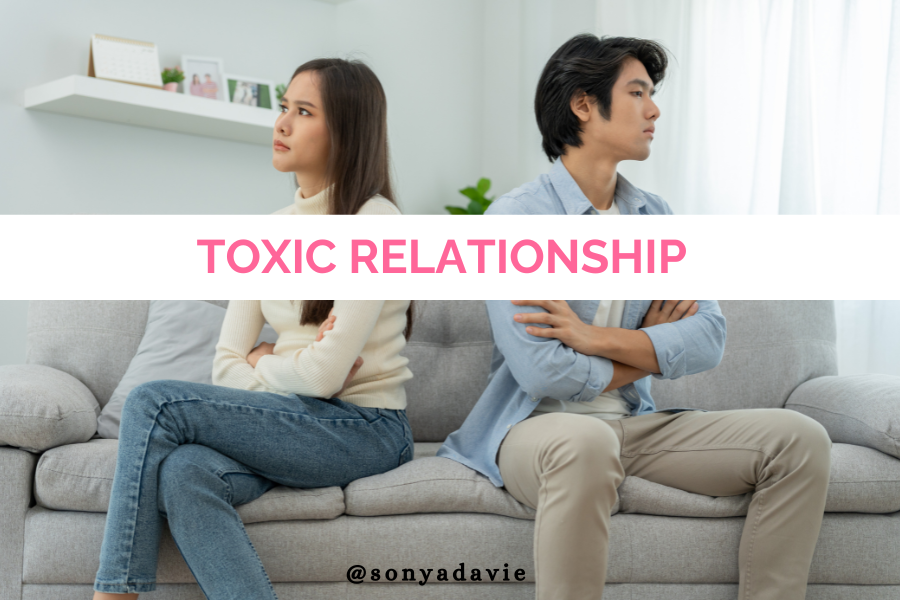
This post is all about toxic love.
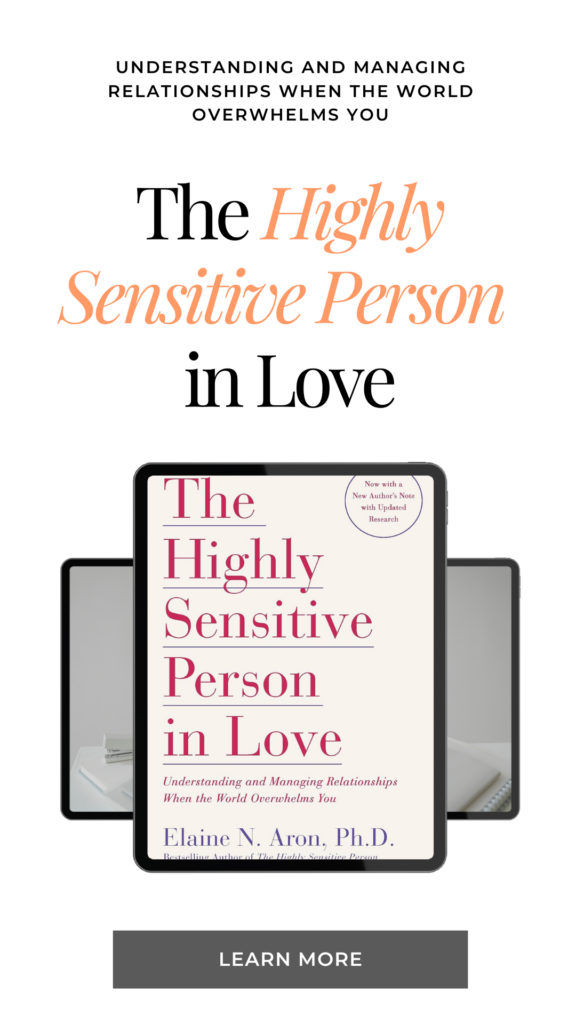
+ show Comments
- Hide Comments
add a comment